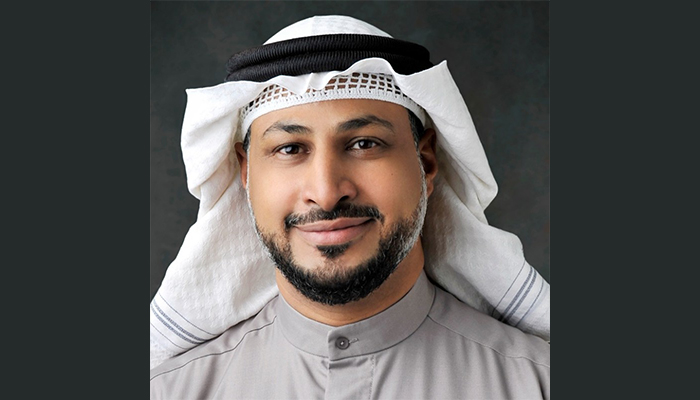The widespread adoption of IoT, driven by the need for efficiency, performance and quality, has made pure OT environments a thing of the past
Nozomi Networks, the leader in operational technology (OT) and Internet of Things (IoT) security, is confirming its active participation at the forthcoming MENA Information Security Conference 2022 (MENA ISC). The 10th edition of the event will primarily focus on critical network infrastructure IT, OT and IoT, and will be held from September 6-7 at the Hilton Riyadh Hotel and Residences in Saudi Arabia.
Nozomi Networks will highlight its rich portfolio of leading security solutions and the benefits they offer to critical infrastructure owners/operators, as the threat landscape evolves and becomes more challenging. Leveraging its vast knowledge of OT environments (oil & gas, electricity distribution etc), Nozomi Networks is well placed to advise and develop protection around IoT and IT environments, particularly as the convergence of OT, IoT and IT becomes more commonplace within a growing array of critical infrastructure.
Smart cities, smart grids, smart manufacturing, and smart healthcare are all verticals that leverage IoT platforms and IT integration to not only reduce costs but respond faster and more efficiently to market and user demands. These verticals, and several others, are growing at a rapid pace in the Kingdom, as the country strives to diversify its economy away from fossil fuels in line with the Saudi Vision 2030 strategic framework. Concurrently, the threat landscape is evolving at a breakneck pace, which means securing all manners of digital environments is absolutely critical.
Nozomi Networks’ Osamah Al-Fardan, Regional Sales Engineer, Saudi Arabia and Usamah Al Ridwan, Regional Sales Director, Saudi Arabia will present a technical workshop at 10am on Day 2 of the event (7 September) on “ICS Cybersecurity between Regulation & Reality”. Nozomi Networks’ participation is in support of the Kingdom’s ambitions to embrace technology and digital transformation, as part of larger efforts to diversify its economy in line with the Saudi Vision 2030 strategic framework.
“Today, within any environment, whether it’s an airport, construction site, factory, hospital, shopping mall, smart home etc, there are connected devices as part of converged OT, IoT or IT platforms that could be compromised and turned into a threat against that environment or others. More often than not, even if you are aware of the devices you can see, there may be countless others that you don’t, which can be compromised by threat actors. We are here to give owners and operators the benefit of our experience with what they see and what they don’t, to ensure they have the best protection going forward,” said Usamah Al Ridwan, Regional Sales Director, Saudi Arabia, Nozomi Networks.
In support of the diversification drive, in recent years Saudi authorities have sought to create a suitable ecosystem to attract and stimulate investment in the Kingdom, and have stepped up their focus on cybersecurity. In October 2017, the National Cybersecurity Authority (NCA) was launched; it works closely with public and private entities to improve the cybersecurity posture of the country in order to safeguard its key interests, national security, critical infrastructure, high-priority sectors and government services in alignment with Vision 2030.
Earlier in 2022, the NCA urged cybersecurity providers to register their information before August 1 in an effort to regulate the sector and improve efficiency and the quality of service offered to those in need of cybersecurity solutions. In the past, the authority has also urged and mandated that businesses, developers and operators in the Kingdom take steps to mitigate risk, enhance resilience, and develop human capital and local industry capabilities.
During the two-day conference, senior executives and cybersecurity experts from Nozomi Networks will be on hand to interact with visitors and have strategic discussions on critical infrastructure cybersecurity, IT, OT and IoT, and how organisations can develop and adapt their security frameworks to address any and all threats.


